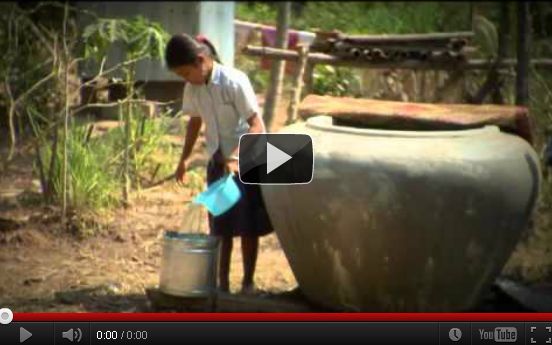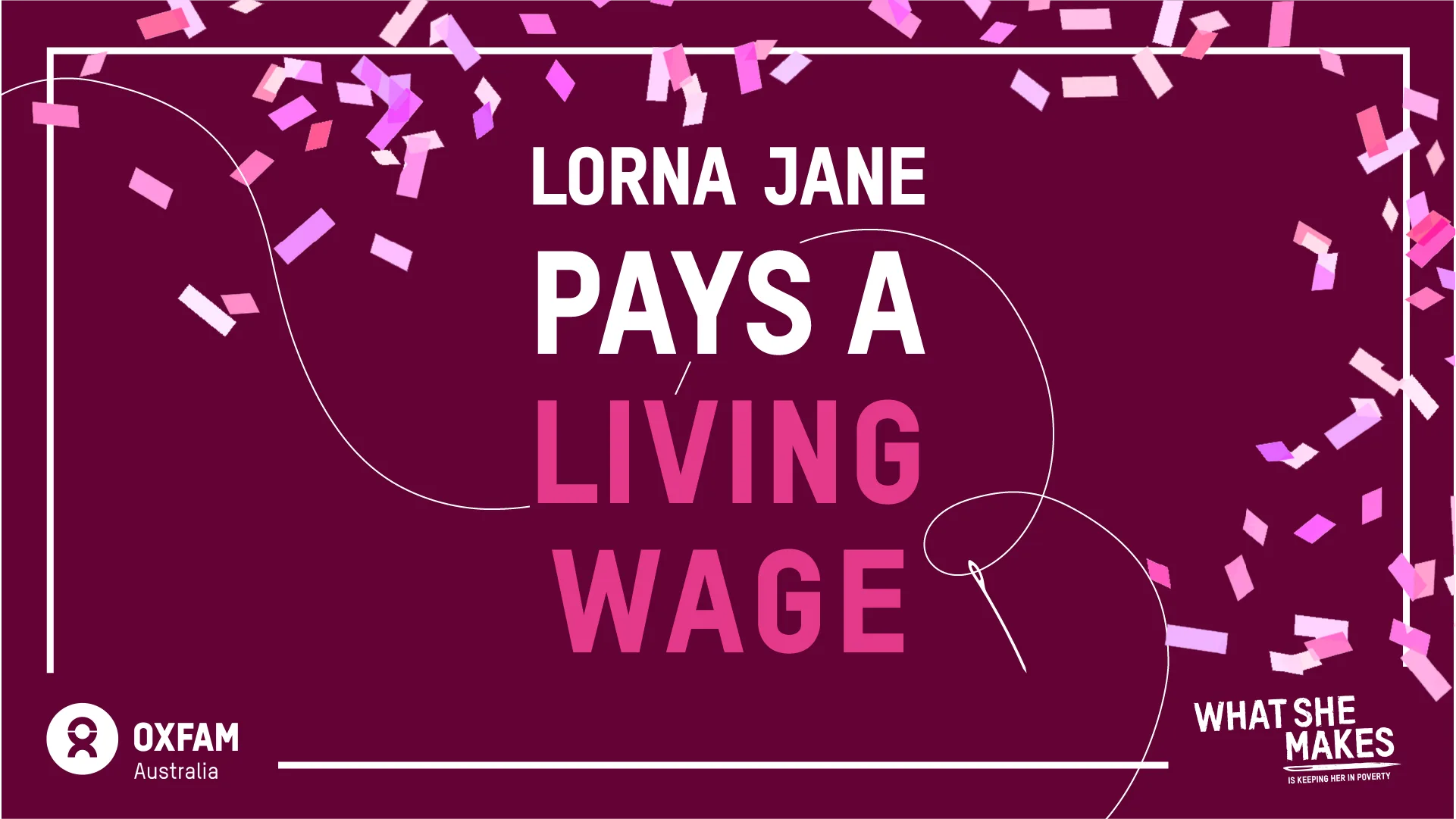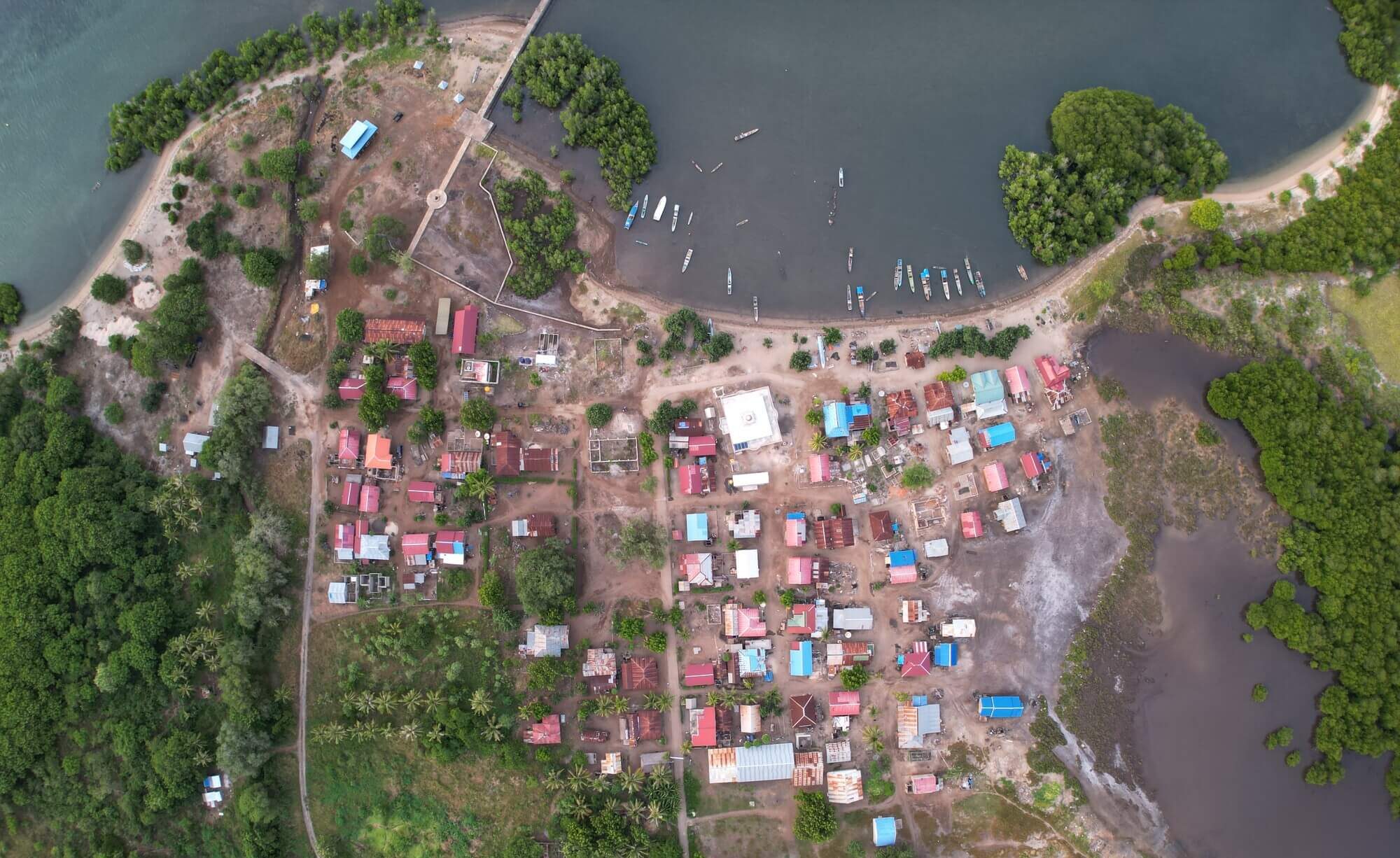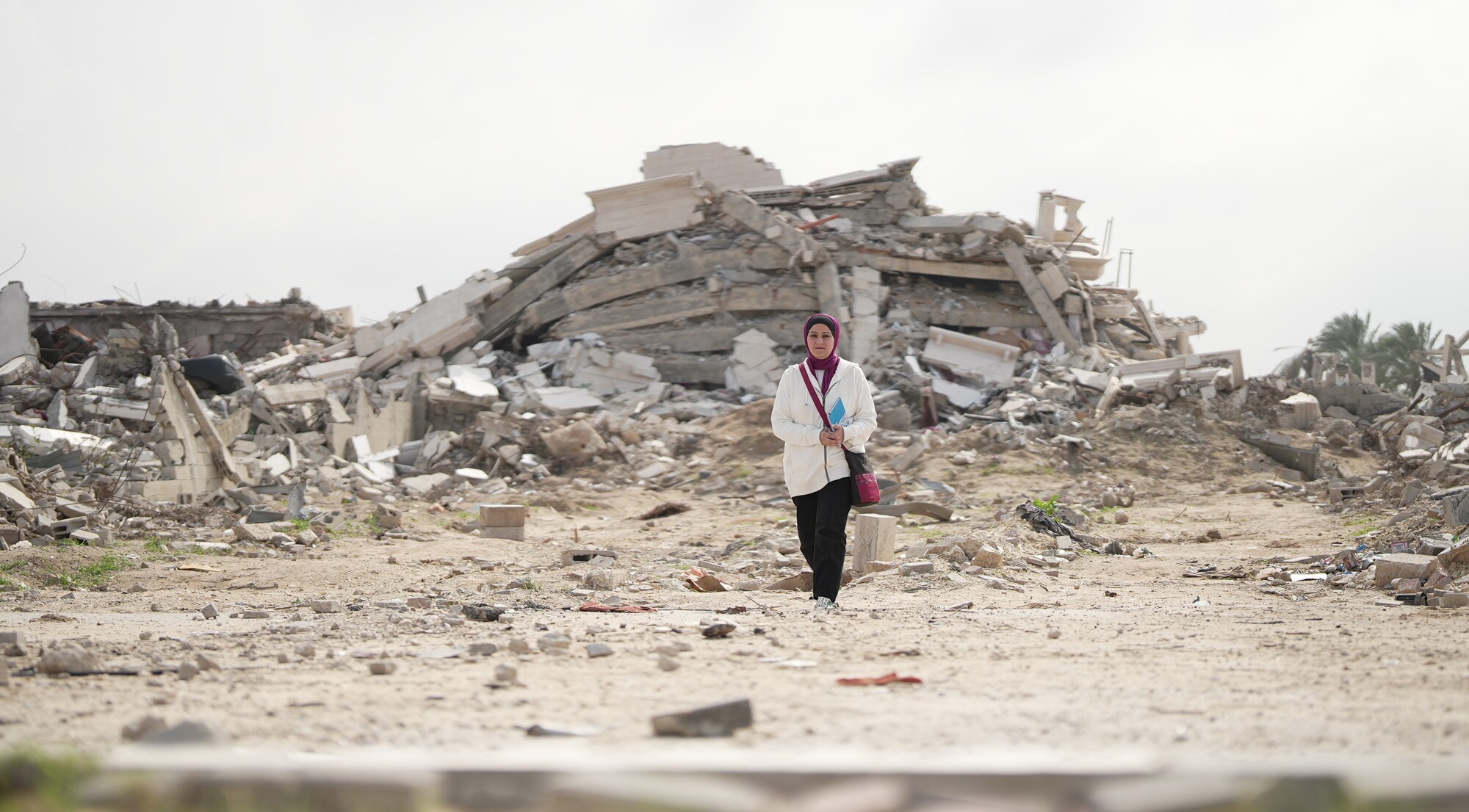After months of planning and organising, it was showtime for the WASH film, with an action-packed few days of filming. Above is a short excerpt from from the final product.
Every day started pre-sunrise, with filming finishing as darkness set in, followed by organising the footage on the computer. The filmmakers, Lantern, worked tirelessly. Our sustenance was the incredible cooking of Nit, who created every possible variation of fresh fish and veggies. A swim in the Mekong each night surrounded by still, beautiful forest provided much-needed refreshment to get the most out of the next day.
Filming around the village
Everyone in Pon Chea has had minimal exposure to TV, let alone filmmakers with big cameras. The kids in the film provided the most energy, but also had the least patience. I’m sure they wondered “why do we have to keep on doing the same thing, over and over?” By the end, the kids had it all sorted — looking into the camera, speaking with confidence and being relaxed.
Communicating WASH and gender
We wanted to show what WASH means for remote communities. Interviewing a diversity of people, clear messages came through.
- Many people are highly motivated to learn new skills and volunteer to improve the situation in the village. For sustainability, this is vital.
- New infrastructure has profound benefits.
- Lofty concepts such as “empowerment” and “sustainability” shone through in these interviews, but in practical terms it was a matter of saving time, reducing sickness, private/accessible/dignified toilets and building confidence in people, particularly women, to speak up and be active.
- The importance of gender shone through in each interview. As women face the biggest burden in providing WASH, they receive the biggest benefit from improvements. More time equals more social mobility, which supports women to be more active in influencing community development.
The film’s future
I’m most excited about sharing the stories and achievements of the people in Pon Chea. As a remote, Indigenous community, their voices are rarely heard, but now their energy to create change will reach diverse audiences. I hope this engages other people in Cambodia and beyond about the importance and potential of WASH, particularly in improving the lives of women and girls. English and Khmer versions of the film will be shared through conferences, community meetings and other means.
Reflect on what you can do to improve the WASH situation for billions of people that deal with inadequate services.



